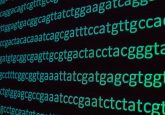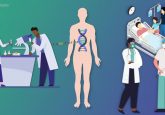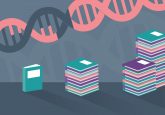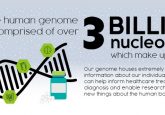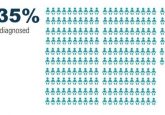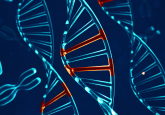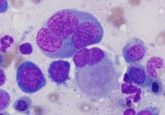Realizing precision medicine with whole-genome sequencing
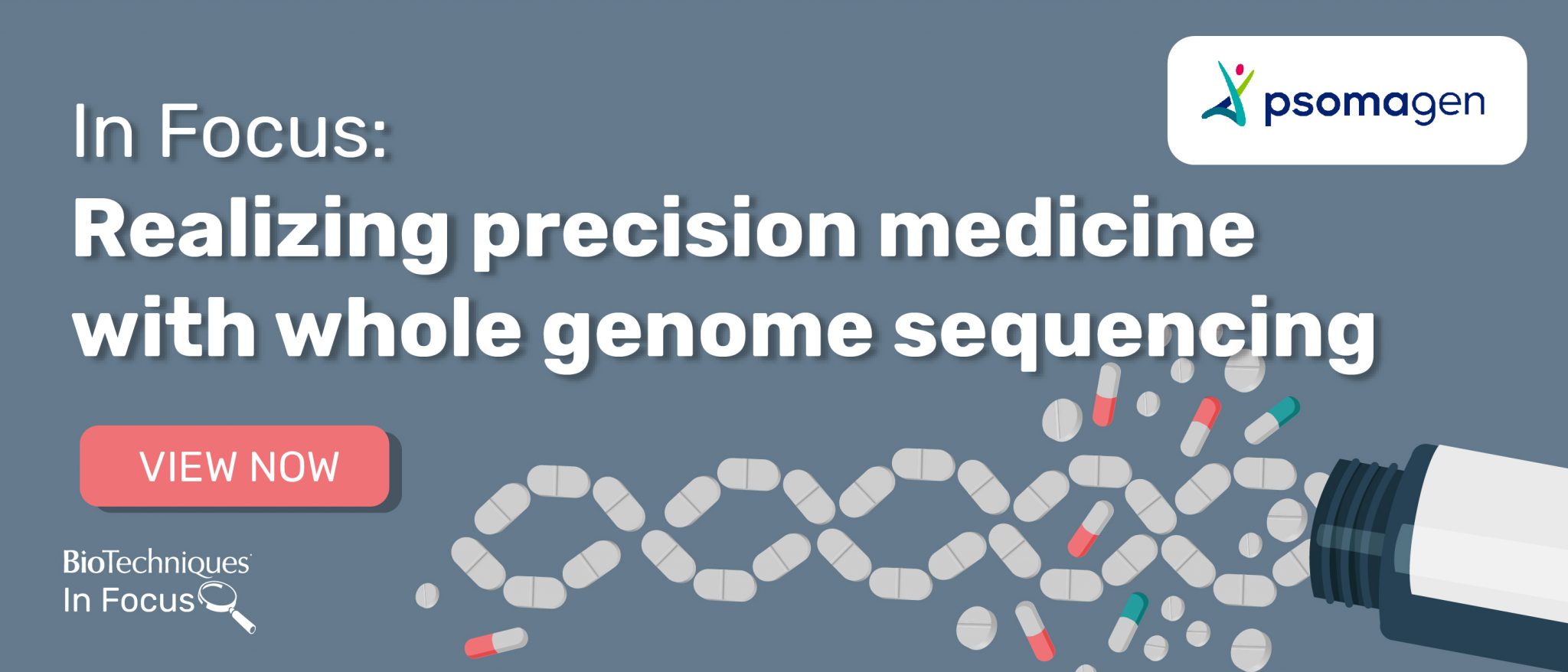
When techniques for whole-genome sequencing (WGS) first gained prominence, they revitalized the field of genomics, launching global efforts such as the 100,000 Genomes Project and leading to numerous discoveries in oncology and rare diseases. Though initial limitations did exist, including slow turnaround times and high monetary costs, the effects of WGS have spread far and wide throughout the life sciences. By catalyzing the development of more targeted precision medicines, the impact of WGS has extended beyond basic research to deliver real-world improvements in disease outcomes.
In recent years, advances in WGS technologies have dramatically accelerated the speed of the technique, while costs have fallen and processes have been simplified, bringing WGS into an era of true practicality and clinical utility. In two fields in particular, these advances have borne fruit. In the diagnosis and discovery of rare diseases, problematic or faulty genes can be identified by analyzing whole genomes in a matter of days if not hours, bypassing the need to sequence and assess gene by gene. Meanwhile, the field of oncology has benefited from an improved ability to profile patient tumors – identifying unique aspects and indicators for successful treatment strategies – and determine an individual’s risk of developing cancer.
In this in focus we will explore:
- Advances in WGS technologies that have led to faster, more cost-effective clinical applications
- The application of advanced WGS technologies in rare disease diagnostics
- Using WGS to inform translational research in human diseases
- Case studies of the real-world impact of WGS
